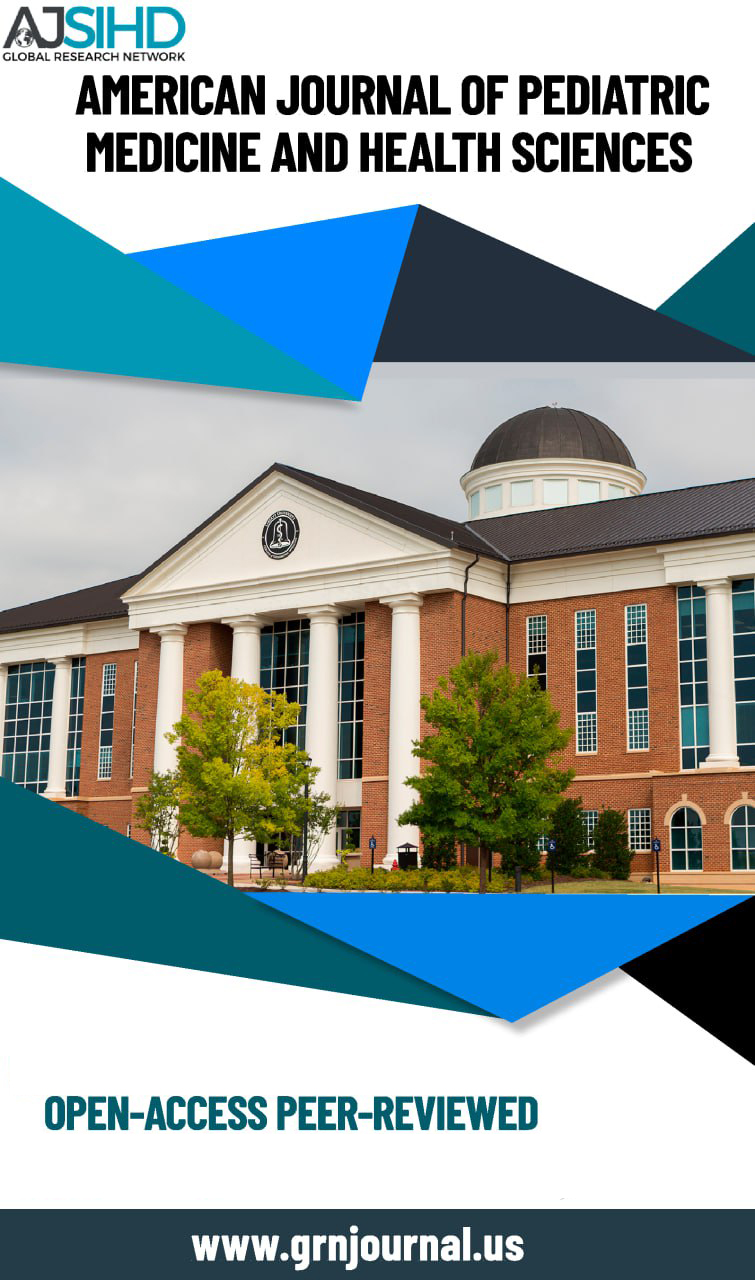Melilotus Officinalis (L.) Pall. of the Medicinal Plant Analyzed by Chromato-Mass Spectrometry
Abstract
Currently, the creation and production of drugs based on natural compounds is one of the main tasks of the fields of bioorganic chemistry and medicine. Because drugs produced on the basis of natural substances differ sharply from synthetic drugs in terms of their solubility, non-toxicity and wide range of effects. In this regard, the work carried out in the field of production of biologically active substances extracted from plants and their modification is widely developed in Uzbekistan and recognized by foreign scientists. Among them, several works are being carried out on the chemical study of the composition of plants growing freely in the territory of Uzbekistan. Melilotus officinalis (medicinal sedum) is one of these plants.



